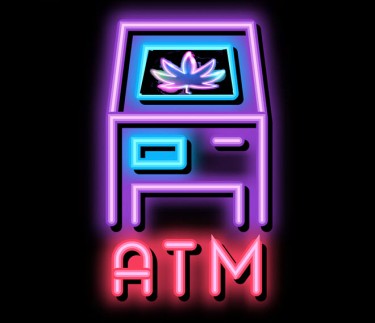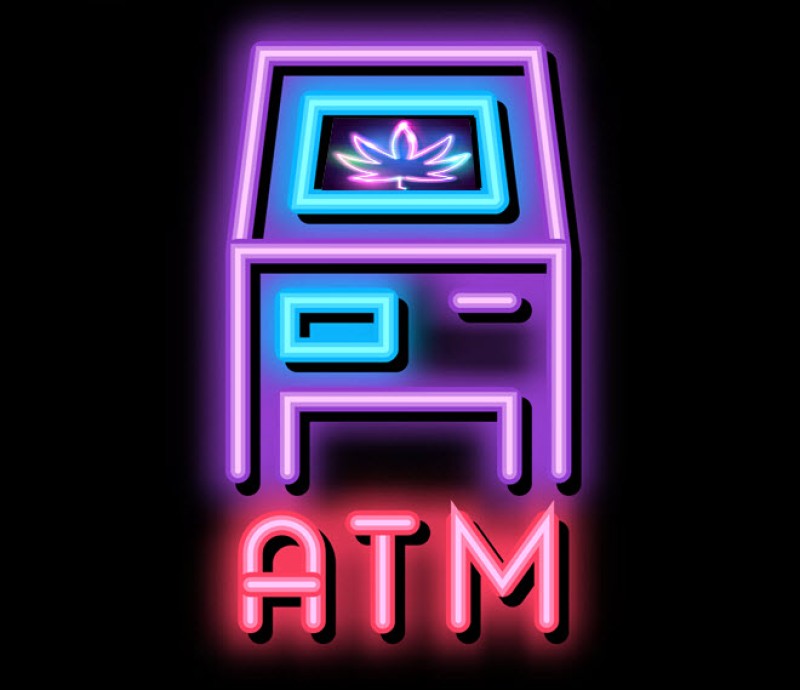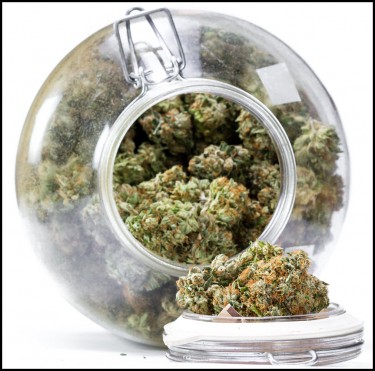
The trend of miscoding point-of-sale transactions through cashless ATMs has been flagged by VISA.
The payment company is the second-largest in the world. It issued a memo against the increasing rate at which cannabis retailers are missing cashless ATMs to work around existing restrictions in the United States of America. In the memo, it warned customers that penalties and other undisclosed enforcement actions would soon follow the act.
Since the SAFE banking act enclosed in the new bicameral deal failed to be approved by the senate some days ago, financial institutions have been auditing their customer's debit and credit cards purchases to ascertain everything is in order. SAFE banking act is a measure that would authorize traditional financial institutions to provide services to operators within the cannabis industry without any fear of penalties.
Currently, lawmakers are trying to find the best language to handle marijuana business banking.
Federal Prohibition of Cannabis
The existing prohibitions against the cannabis industry have stifled the growth of this sector to an extent. This prohibition prevents marijuana retailers from accepting credit and debit cards as payment for products purchased. The use of these cashless ATMs is more or less convenient for customers to pay for products or services bought easily. To an outsider, this is an intelligent business decision.
It is easier to maintain a cashless transaction device than have an on-premises ATM. This way, customers don't need to show up with cash; they only have to present their cards like every other retailer. Visa's compliance memo is brief and doesn't include any details of the penalties or noncompliance assessments to which customers are subjected to.
The Memo
Visa issued this compliance memo on December 2. The memo cites that the financial giant is well-aware of the ongoing scheme practiced by cannabis merchants to conceal cannabis-related transactions.
The memo explains that cashless ATMs are not meant to disburse cash to cardholders; instead, they are POS devices that should be used with payment applications that are similar to regular ATMs. The cashless devices are used for purchases that are falsely labeled as ATM cash withdrawals. Purchase amounts are frequently rounded up to simulate a cash disbursement.
Visa's memo did not precisely state cannabis, and it only mentioned that reverse ATMs are primarily marketed to merchant types that are not permitted to obtain payment services due to visa rules and legal or other regulatory prohibitions. This is a category that majorly includes cannabis business across the country.
The Cashless ATM Solution
According to the CEO of Fincann, Nathaniel Gurien, thousands of cannabis retailers have no choice but to resort to what he termed as the cashless ATM solution to accept cashless payments. He described the setup as brilliant and impressive. However, it cannot be denied that it is also illegal. Gurien wrote that if one or more US attorneys decide to take up this issue, it might be catastrophic. The "solution" has the potential to inflict massive damage to the industry, as well as set the industry back significantly. He added that this feat keeps him up almost every night.
More Calls For Easier Access To Financial Services
Steven Hawking, CEO of the US Cannabis Council, described the prohibitions in the cannabis industry as unfair. In his interview, he said that a high percentage of the cannabis retailers in the country are being crushed by these regulations and tax rules that only seem to be against cannabis businesses.
Hawking said that the council and other advocates are urging financial institutions like payment companies and traditional banks to engage with operators in the cannabis industry as well as lawmakers on payment options that would be suitable for the cannabis sphere. In time the congress will step in to pass the SAFE Banking act as they are currently working to finalize the details to ensure it gives the next time it gets to the senate.
Morgan Fox, the media relations director for the National Cannabis Industry Association, expressed his displeasure at the current state of things. He said that it is sad that payment companies like Visa have refused to work with the cannabis industry. According to him, this is a time when the country's cannabis industry needs all the financial assistance it can get, not to mention that cannabis is legal in dozens of States and generates billions of dollars for each state's economy annually.
Many advocacy groups within the industry have also expressed their disappointment with financial corporations singling out the cannabis industry rather than providing support. What's worse is that these financial institutions are also doing the most to discourage other alternative solutions that could help smooth out the issue.
Cannabis Industry Will Remain Cash-based
The federal restrictions on the cannabis industry might remain mostly cash-based in the nearest future until the Secure and Fair Enforcement (SAFE) Banking Act is approved. Only this, or a similar measure, can solve this issue.
Visa is not the only credit card network that considers the cannabis industry a no-go area. Others like Mastercard and American Express also avoid the cannabis sphere due to the risk of penalties that federal agencies could dole out.
All card users will now be subjected to non-compliant assessments and penalties when they and/or third-party users are found guilty of not following laid down regulations. Any acquirer found to have willfully violated the Visa Rules, negatively impacting the goodwill associated with Visa and/or the Plus system, brand, products, and services. The acquirer may face additional compliance enforcement.
Bottom Line
Cannabis has to be removed from the list of Schedule 1 prohibited substances for any financial institution to be willing to associate with the industry. In the absence of a federal decriminalization measure, the SAFE Banking Act is the industry's best shot at having a normalized financial body.
Trends involving cashless ATMs and other financial loopholes that cannot be avoided will continue to occur as the operators within the cannabis industry have no other option.
A BAD END TO 2021 FOR THE MARIJUANA INDUSTRY, READ MORE...
MARIJUANA INDUSTRY LAMENTS A DISMAL END TO 2021, READ THIS.








